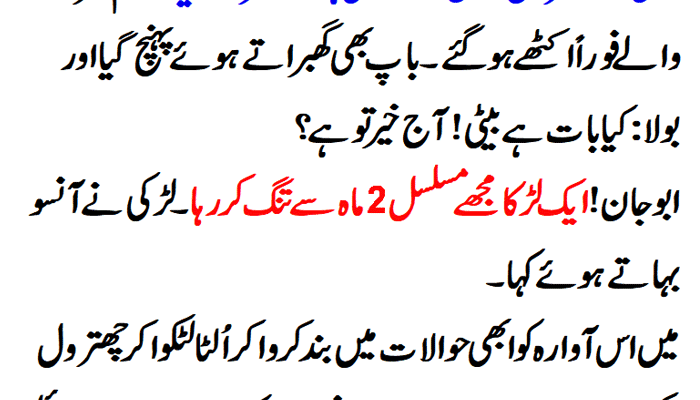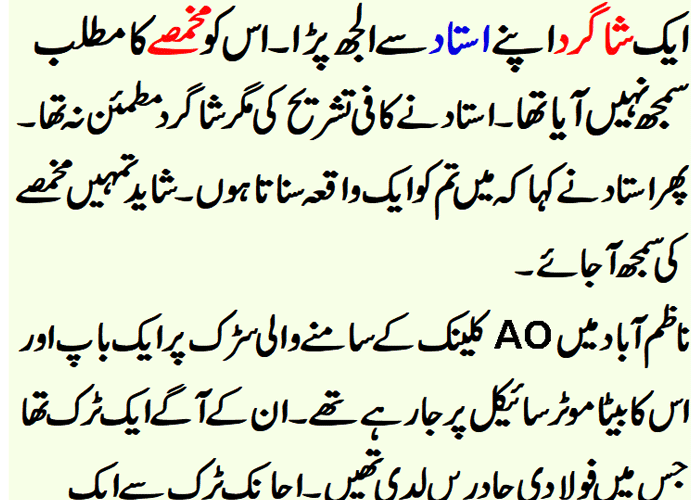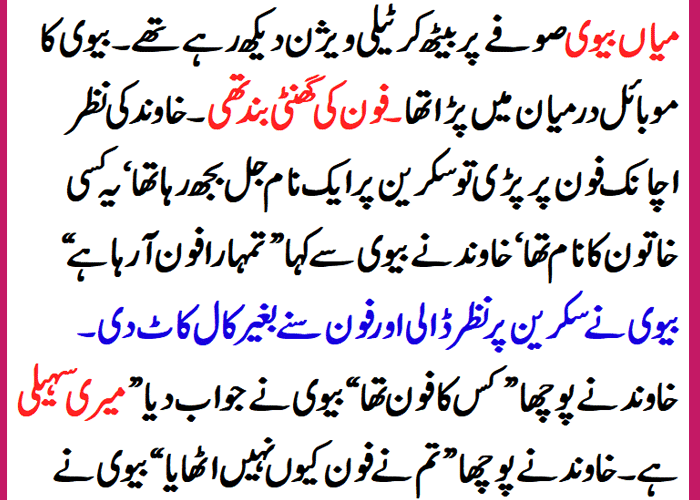1. Introduction
The age-old debate about intelligence and gender has intrigued many, and the notion that women are smarter than men has sparked discussions and research. This article explores surprising facts about women’s sharp brains and delves into the reasons behind the perception that women may possess certain cognitive advantages.
2. Complex Brain Structure
2.1 Neural Connectivity
Highlighting studies that suggest women tend to have more intricate neural connectivity, facilitating enhanced communication between different brain regions.
2.2 Corpus Callosum Size
Explaining the larger size of the corpus callosum in women, the structure responsible for connecting the brain’s hemispheres, potentially contributing to better information processing.
3. Multitasking Prowess
3.1 Juggling Multiple Tasks
Discussing research that indicates women may have a natural propensity for multitasking, efficiently managing and switching between various tasks.
3.2 Cognitive Flexibility
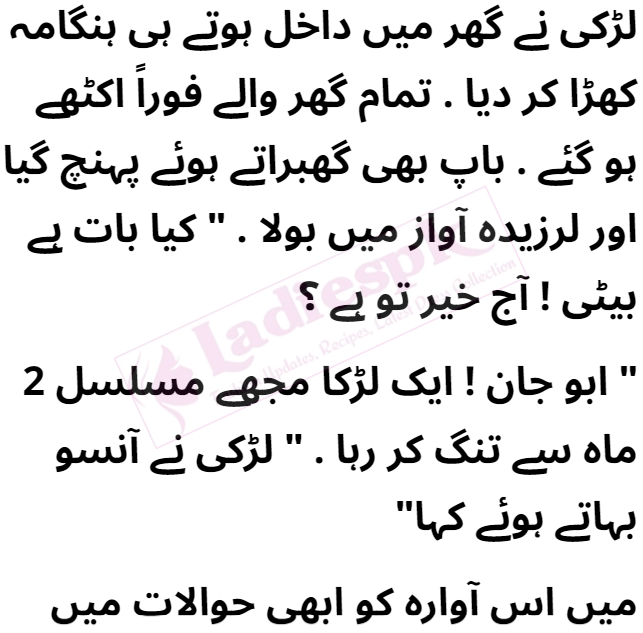
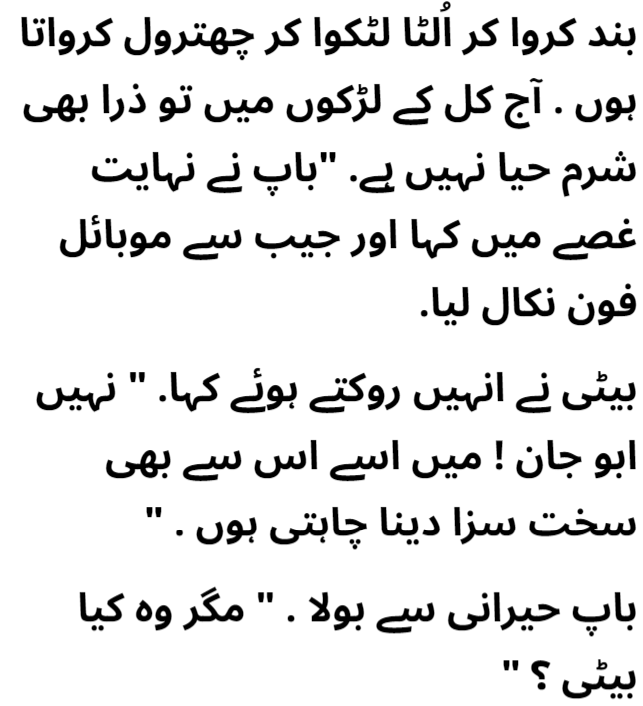
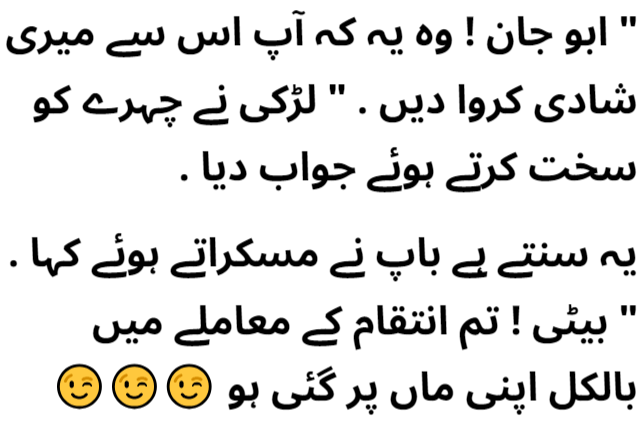




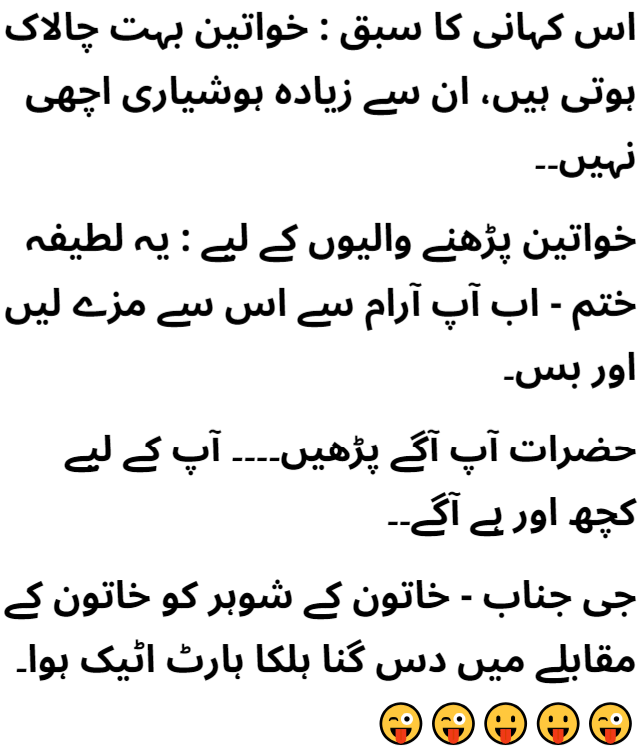
Exploring the concept of cognitive flexibility, where women’s brains may adapt more swiftly to changing circumstances, fostering effective multitasking abilities.
4. Emotional Intelligence
4.1 Empathy and Understanding
Highlighting studies that suggest women generally excel in emotional intelligence, displaying a heightened ability to empathize and understand emotions in themselves and others.
4.2 Social Perception
Discussing women’s aptitude for social perception, enabling them to navigate social situations with a nuanced understanding of interpersonal dynamics.
5. Verbal Proficiency
5.1 Language Processing Skills
Exploring the idea that women often demonstrate superior language processing skills, which may contribute to advanced verbal proficiency and communication.
5.2 Reading and Writing Proficiency
Highlighting studies that indicate women tend to outperform men in reading and writing proficiency, showcasing their linguistic capabilities.
6. Memory Superiority
6.1 Episodic Memory
Discussing research findings that suggest women may have a more developed episodic memory, excelling in the recall of specific events and experiences.
6.2 Object Location Memory
Exploring studies indicating that women may have an advantage in object location memory tasks, demonstrating precision in spatial memory.
7. Educational Attainment
7.1 Higher Education Statistics
Highlighting global trends where women consistently outnumber men in higher education attainment, suggesting a commitment to intellectual pursuits.
7.2 Academic Success
Discussing the correlation between women’s higher academic success rates and their ability to adapt to diverse learning environments.
8. Neuroplasticity and Adaptability
8.1 Lifelong Learning Capacity
Exploring the concept of neuroplasticity, suggesting that women’s brains may exhibit a higher capacity for lifelong learning and adaptation.
8.2 Cognitive Reserve
Highlighting the idea that women’s brains may develop a cognitive reserve, providing resilience against age-related cognitive decline.
9. Breaking Stereotypes
9.1 Challenging Gender Stereotypes
Discussing the importance of challenging gender stereotypes and recognizing that intelligence is a complex and individual trait.
9.2 Embracing Diversity
Encouraging a shift in societal perceptions to embrace and celebrate the diversity of cognitive abilities, regardless of gender.
10. Conclusion
While the idea that women are smarter than men is a complex and nuanced topic, the evidence suggests that women may indeed possess certain cognitive advantages. From complex brain structures to superior multitasking and emotional intelligence, women’s brains demonstrate remarkable capabilities. It’s essential to appreciate and celebrate these differences, recognizing that intelligence knows no gender boundaries.
11. FAQs about Intelligence and Gender
Q1: Does intelligence vary significantly between individuals?
A1: Yes, intelligence is a highly individualized trait, and variations exist among individuals regardless of gender. Factors such as genetics, environment, and experiences play significant roles.
Q2: Are there fields where men tend to excel intellectually?
A2: Intellectual strengths vary among individuals, and there are no predetermined fields where one gender universally excels. Both men and women can excel in any intellectual pursuit.
Q3: How does societal perception impact gender and intelligence?
A3: Societal perceptions can influence how intelligence is perceived based on gender. Challenging stereotypes and promoting diversity is crucial for fostering a more inclusive and accurate understanding of cognitive abilities.
Q4: Can intelligence be measured accurately?
A4: Intelligence is a complex trait that is challenging to measure accurately. Traditional IQ tests capture certain aspects of cognitive abilities but may not encompass the full spectrum of human intelligence.
Q5: What role does education play in intelligence development?
A5: Education plays a vital role in shaping cognitive abilities. Access to quality education, diverse learning environments, and lifelong learning opportunities contribute to intellectual development for both men and women.
